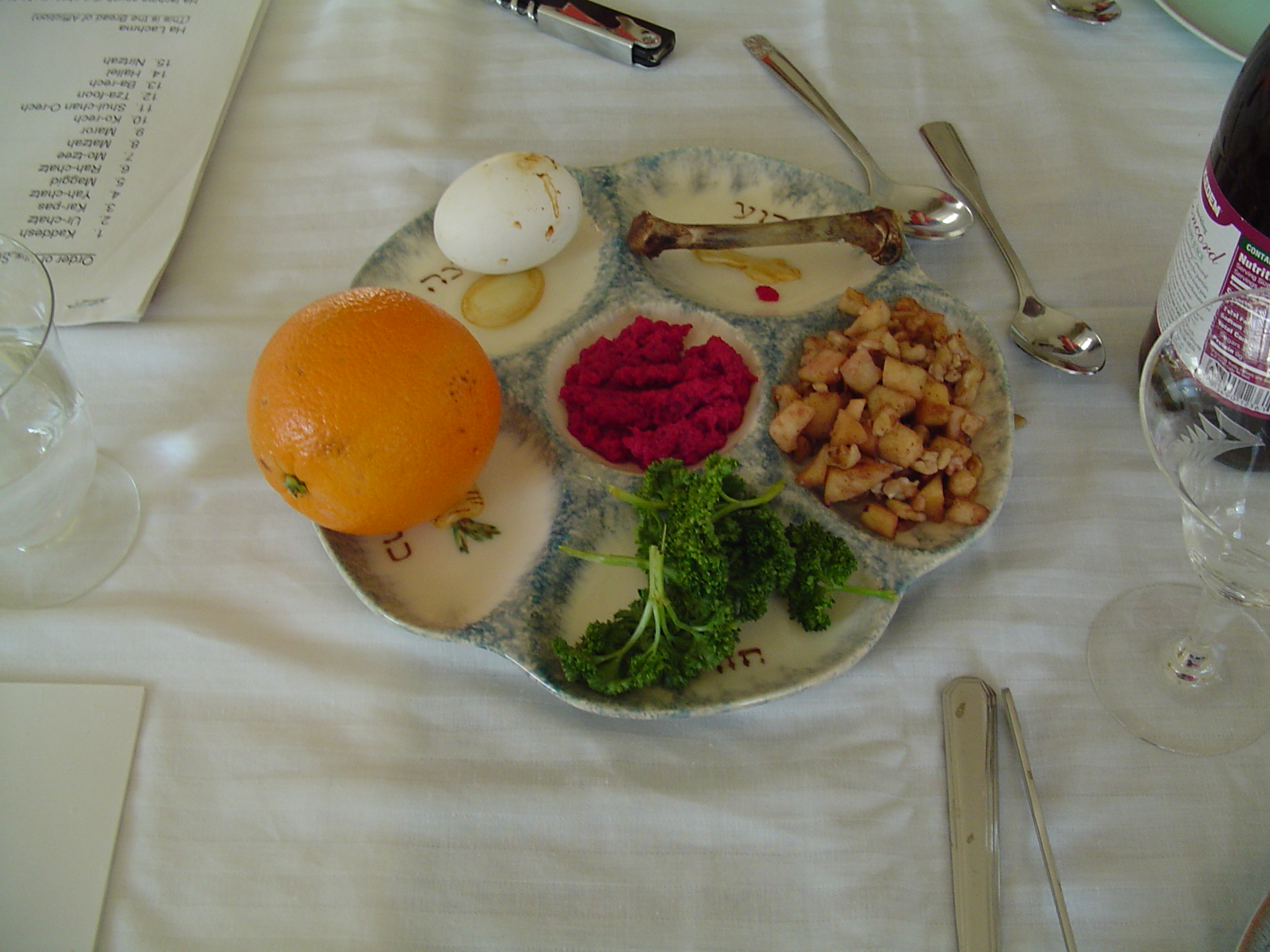
Learning to Feel My Worth as a Jew — In Spite of the Gawks and Sneers
In a way, it was. Judaism—specifically the Reform movement—had everything that I longed for. My mother insisted that I could remain nominally Catholic even if my progressivism was doctrinally inconsistent, but this struck me as unsatisfying. Reform Judaism was something that I could become intimate with spiritually as well as ideologically, whereas Catholicism had invalidated my principles for years. Judaism felt like a quick fix for all of my problems, and I assumed that the conversion process would be relatively painless.
To my dismay, I quickly discovered that many Jews were unfamiliar with conversion and some refused to recognize it at all. I learned about the role that halakha played in how other movements regarded Reform conversions, and that even some unaffiliated or irreligious Jews might not consider me legitimate because I lacked an Jewish background. For the first time in my rush to join the tribe, I hesitated. The thought of undergoing such an emotional process and being rejected was difficult to accept, and I set conversion aside for my self-esteem’s sake.
But as much as I tried to stay away, I couldn’t. My romanticism took a blow with each hurdle, but I found myself getting stronger and more knowledgeable with each comeback. Sometimes minutiae like studying Torah and navigating religious observance intimidated me. Other times I feared more monumental issues like anti-Semitism and the prospect of raising a Jewish family alongside Christian relatives whose reactions I could not predict. At the time, I misinterpreted my discouragement as defeat, but these obstacles forced me to be patient and stop overwhelming myself with what I thought was the perfect conversion timeline. Years later, after finally working up the courage to go to synagogue and formally start my conversion process, I began grappling with what has been my most formidable challenge yet.
Initially, I’d seen no problem with being black and Jewish. I’d been pretty oblivious to overt and covert racism I’d experienced throughout my childhood and adolescence at predominantly white schools, so I wanted to believe that my skin color would be a non-issue. But in my young adulthood, as I was losing my idealism about conversion, my concern about discrimination I might face in Jewish spaces began to escalate.
I was terrified of standing out in synagogue. I feared having white congregants single me out as foreign when all I wanted to do was blend in. I realized that Jews of color were rarely afforded the opportunity to exist in synagogues without being thought of as outsiders. There is no shame in being a convert, but when even born Jews of color are immediately thought of as such, it implies that ethnic ties to Judaism are reserved for white Jews only. Torah explicitly forbids reminding converts of their pasts, but when born Jews treat converts of color as anomalies, they give them a perpetual reminder. This then bolsters the privilege of white converts, who get to be less aware of their status just by merit of their whiteness.
This treatment is not always malicious, but it is hurtful nonetheless. It is not easy to find the confidence to remember that a synagogue is my home even after I’ve been gawked at, sneered at, and asked publicly if I am converting. I’m sure that there have been times that my non-Jewish friends and family have considered me foolish for converting after what I’ve endured, but Judaism and I are so inextricable that it doesn’t feel like a choice anymore. Spending the rest of my days on the periphery of Jewish life after cultivating such a profound love for it would be unbearable. There are still things that make me unhappy, but I come back because I have learned to feel my worth as a Jew—black, convert, and all.



